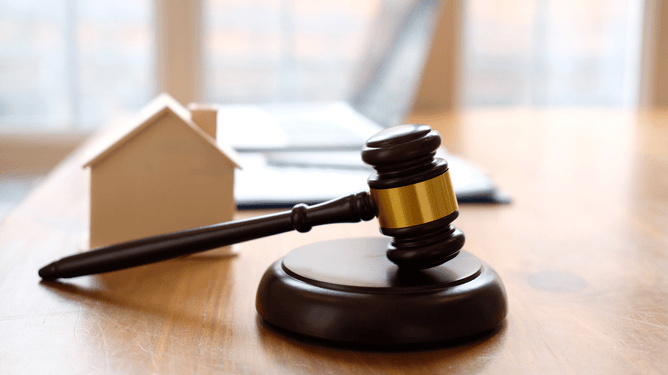Auctions are a popular way of selling houses - especially in a rising market or a market in which there are more buyers than sellers. It’s an awesome way for sellers to get the best sale price possible. However, it can be a daunting process for you as the buyer. One of the biggest risks when buying house at an auction is that the house goes ‘unconditional’ once the auction is won. This means that you are now locked into an agreement and cannot withdraw from the contract without dire consequences.
As a result, it is important to follow the tips below - so you do not find yourself in a situation where you are locked into a contract.
Understand how auctions work
It is important to thoroughly research the auction process, so you understand the rules, regulations and any legal requirements involved. It is highly recommended that you attend other auctions as an observer to familiarise yourself with the auction process and general auction dynamics. This will enable you will feel more comfortable and familiarised with the process, when you take part in the auction you want to bid on.
Get a Mortgage pre-approval
Having a mortgage pre-approval in place is vital before you participate in an auction for two reasons:
It sets the maximum house price you can afford.
If you win the auction without a pre-approval in place, you run into the risk of not getting your loan approved by the bank - in which case you will be locked into an unconditional agreement without loan approval.
As a result, speak to a Mortgage Adviser (also known as a Mortgage Broker) to get a pre-approval in place. You can contact us if you would like to chat through your options.
Do your due diligence BEFORE the auction date
It is crucial you do your checks before buying a property at an auction. If you find defects or issues with the property/ land after you win the auction - is too late. Therefore, make sure you do the following:
Seek legal advice from a solicitor or conveyancer who specialises in property transactions. They can review all auction documentation and advise you on all the legal aspects of participating in an auction.
Get a building and meth report from a professional. This will let you know of any defects or meth usage at the property. This can save you tens of thousands of dollars. Some defects are small and minor which may not be an issue but it’s the major defects/ meth detections that you want to look out for.
Obtain a LIM report. A LIM report will contact information that the the council has about a property - such as: Zoning/ Land issues, building consents,
Get a registered valuation IF you have less than 20% deposit (mandatory by the banks as at the time of writing this article). This can be a costly and timely exercise - so give yourself plenty of time to get this done.
If you have 20% deposit, you MIGHT not require a registered valuation - however look at apps such as homes.co.nz or QV to get a fair idea about the value of the home you are bidding for.
Register and set bidding limit
Register as a bidder before the auction as there may be requirements to fulfil, such as supplying identification and proof of funds. During the auction, be mindful of your bidding strategy and tactics, and avoid getting caught up in emotional bidding wars that could lead to overpaying.
Buying a property at an auction can be a high-pressure and fast-paced environment. It is important to be well-prepared, do your due diligence, and seek professional advice to make an informed decision.
Disclaimer
The contents of this article are for information-only and may express the opinion of the writer. This article is not be taken as personalised financial advice, as everyone’s situation is different. Please always seek advice from a financial adviser before making any decisions with your personal and/or business finances.



